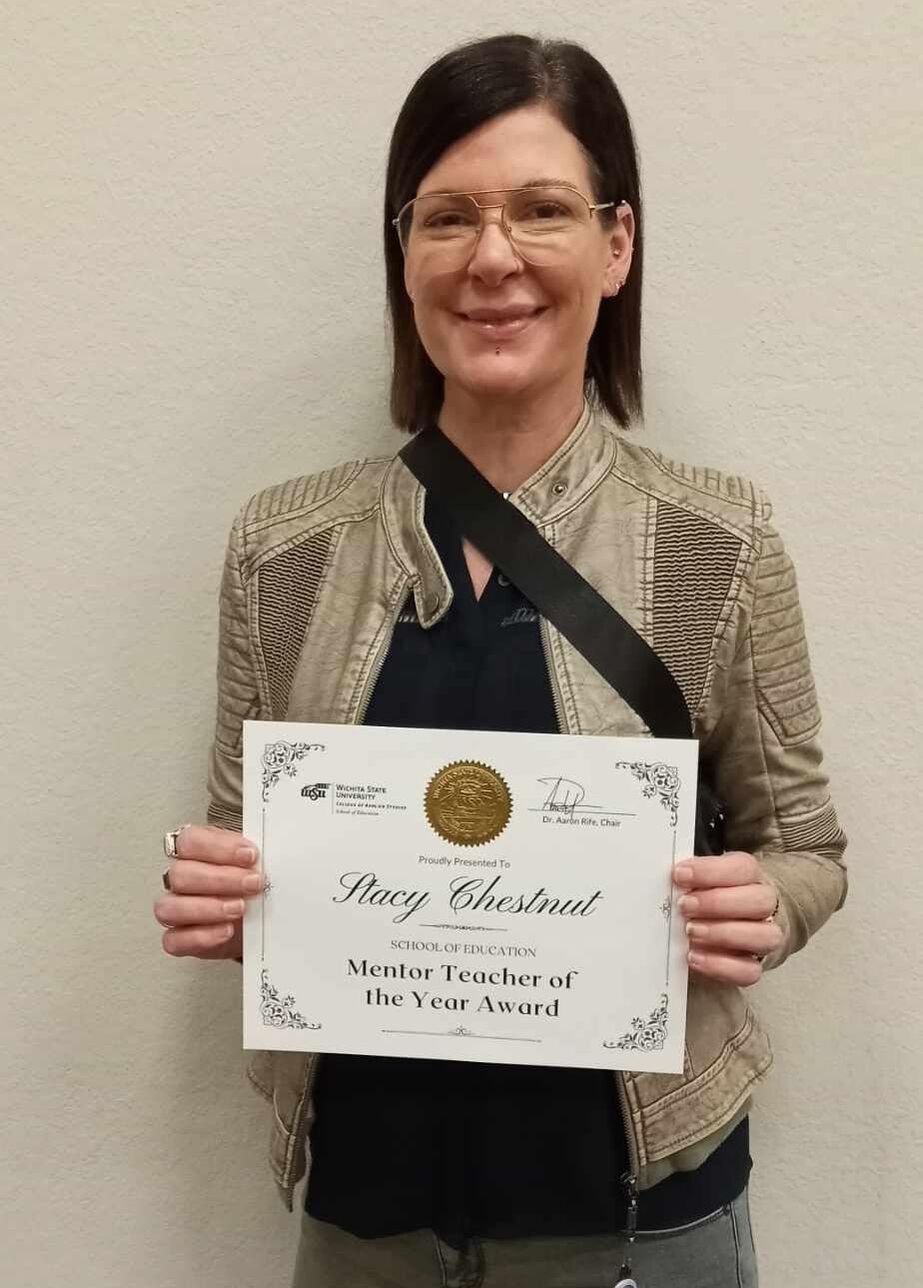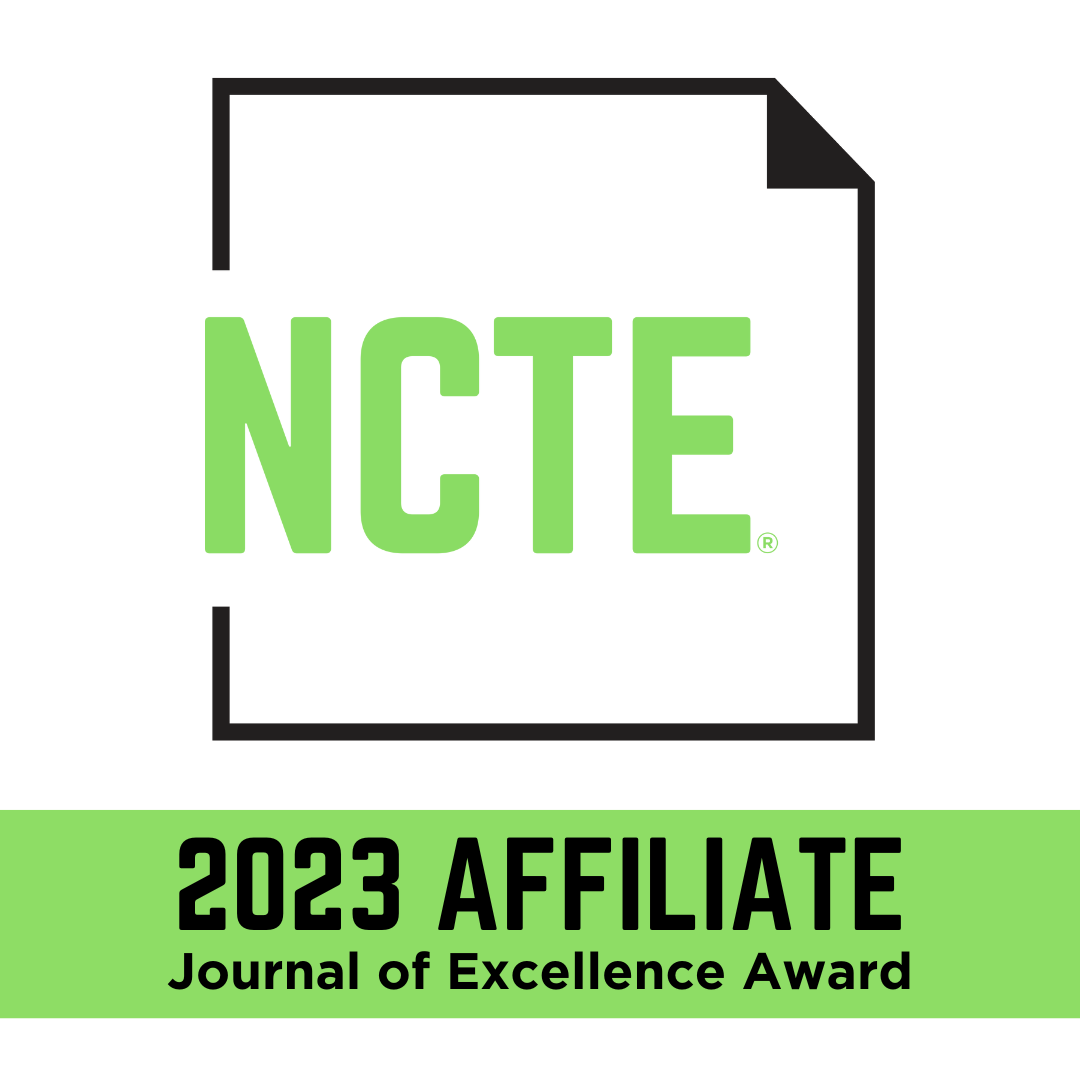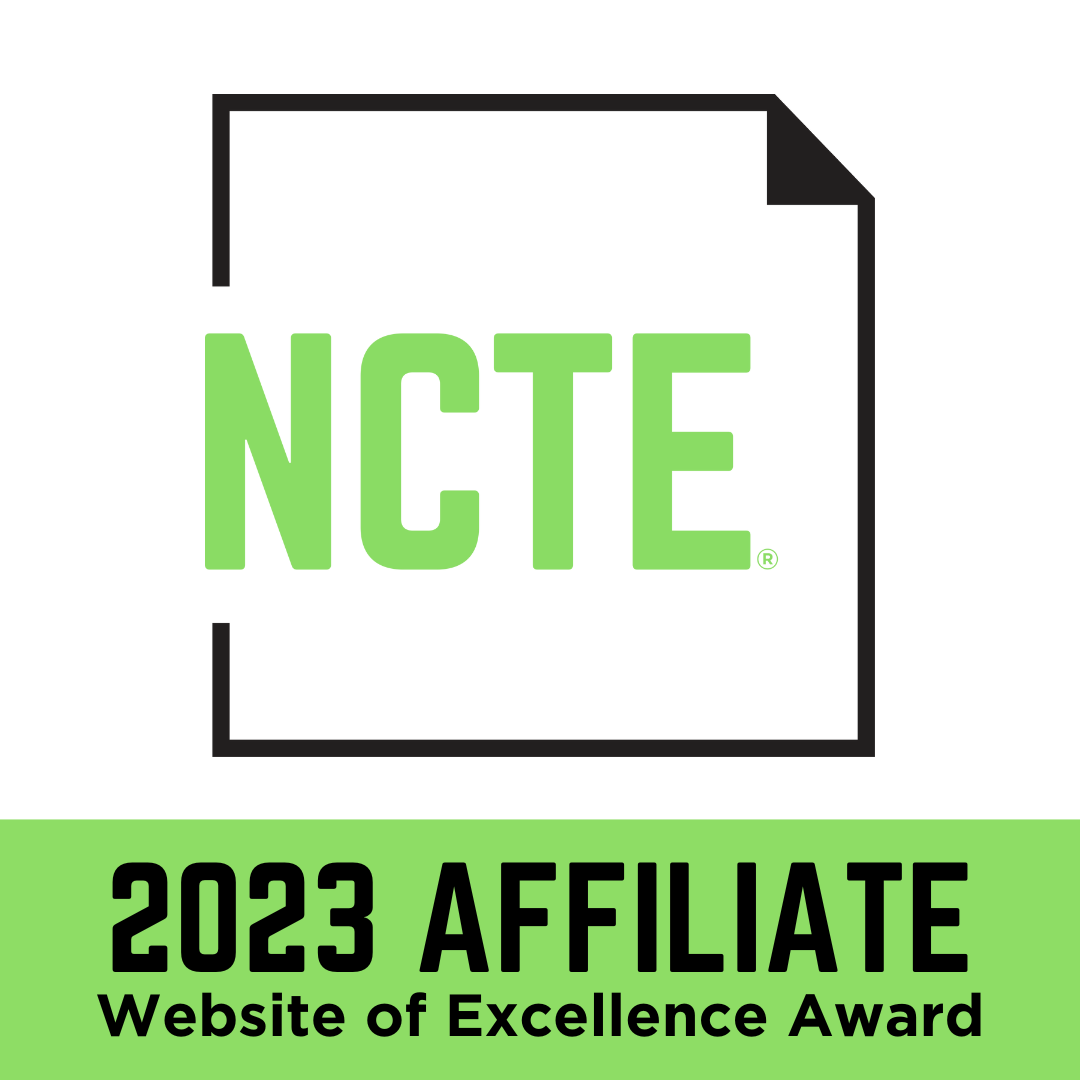|
It is with heavy heart that I announce that on July 3, 2024, KATE executive board member and KSDE Liaison, Joann McRell passed away after a long fight with cancer. Joann first became a member of the Kansas Association of Teachers of English in 2019, and for the past five years has served as a board member who worked tirelessly as an English Language Arts Consultant for KSDE. She bridged the gap between organizations, helping KATE grow stronger with its relationship to KSDE, as well as with other organizations like College Board. She presented at many conferences, helped to create scholarships and funding to help new teachers find support through the organization, and was a fierce advocate for childhood literacy and stressed the importance of text complexity in the classroom.
Whether you worked directly with her or only attended one of her workshops or sessions, Joann’s sincerity, honesty, commitment, and loving personality shone through all that she did. Joann had a vision for teachers and students in English Language Arts. She was a beloved educator, mother, grandmother, friend, and colleague. Specific details regarding funeral services visitations, flowers, cards, and memorial donations can be found alongside her official obituary on the Roberts Blue Barnett Funeral Home website. Feel free to share your own memories of Joann in the comments section on our Facebook page or here on KATE PAGES. – Nathan Whitman, KATE President
0 Comments
Stacy Chestnut, a distinguished graduate of WSU’s secondary English Education Program and recipient of the 2023 Wichita Public Schools Distinguished Classroom Teacher Award, was recently honored with the WSU School of Education Mentor Teacher Award. This award recognizes her exceptional mentoring of teacher candidates and interns, outstanding instructional practices, leadership in the teaching profession, and her role in sustaining and enhancing the profession by recruiting and mentoring new teachers. Chestnut's dedication extends beyond the classroom; she serves as director of the Regional Poetry Out Loud competition, is a member of WSU’s English Education Program Advisory Council, and represents mentor teachers on WSU’s 2024 teacher preparation program CAEP accreditation team. She has also played key roles in KATE since 2006, including serving as Co-Chair of the KATE Conference for the past eight years. Chestnut's impact on English education in Kansas is profound--evident in her leadership of a meaningful, impactful conference that welcomes and values all attendees. Her passion and wisdom are truly commendable. Congratulations!
Click 'Read more' to read WSU's Facebook post. Exciting news! Join Wichita State's School of Education in their first annual colloquium featuring Dr. Crystal Kalinec-Craig from the University of Texas San Antonio. She'll discuss equity in education on March 19 at 5 p.m. in 209 Hubbard Hall. Dr. Kalinec-Craig is a leading voice in advocating for students' rights as learners. Don't miss this engaging discussion on creating humanizing classrooms! Follow this link to WSU's page to learn more! February marks the kickoff the African American Read-In! Secondary educator Payton Dearmont prepares for celebrating the "diverse ideas, authors, and ultimately, literature" in her Freshman and Sophomore classes. By practicing culturally responsive pedagogy, Dearmont covers her goals of increasing engagement in the classroom, and emphasizing the need for students' sense of belonging.
Take a closer look at the cross-cultural curriculum and Dearmont's insights by clicking read more below! Last month, I had the opportunity to attend and present at the 2023 National Council of Teachers of English (NCTE) Convention in Columbus, Ohio. Being a newer educator, this experience was one that I cannot recommend enough! That is not to say that educators (or just the general English lover) of all years of experience would not benefit from attending this conference. From the astounding number of vendors and authors in the convention center itself to the hundreds of breakout sessions over the four days that it took place, this was a fount of knowledge!...
Educators, do you have insights, lessons, or writings you'd like to share? Read a message from Kansas English editor, Katie Cramer, on a great opportunity to publish work in an award-winning publication. Let's keep the insightful dialogue going! Check out the post to learn more!
Hello and welcome! Thank you for your interest in submitting work for the KATE Blog. Teachers are at the heart of learning. With compassion and skill, they nurture students’ curiosity and empower them to reach their potential. The Kansas Association of Teachers of English celebrates educators and provides a platform to amplify their voices. We believe teachers and their experiences in the classroom are some of our most valuable assets. Their daily trials, tribulations, breakthroughs, and insights shape the future of education. By sharing your stories and wisdom with us, you further our mission to create positive change from the classroom to out in the community. Our editorial team carefully reviews all submissions to our educational blog. We welcome posts from active teachers and administrators willing to provide an inside perspective. If you have an idea or completed draft to share, please review our writers’ guidelines below. Together we can transform isolated successes into better practices that reach every student. Thank you for taking the time to enrich this community of educators seeking to learn and grow. General Blog Post Submission Guidelines (updated 11/2023):
Author Information 1. Author bio (2-3 sentences) Ideas for Submissions include:
Once submitted, our blog committee will review your submission and provide you with feedback as quickly as possible.
As always, we appreciate you taking the time to support, not only KATE, but the teaching profession! Sincerely, the KATE PAGES Editing Team [email protected]
|
Message from the EditorWelcome! We're glad you are here! Archives
April 2024
Categories
All
|




 RSS Feed
RSS Feed